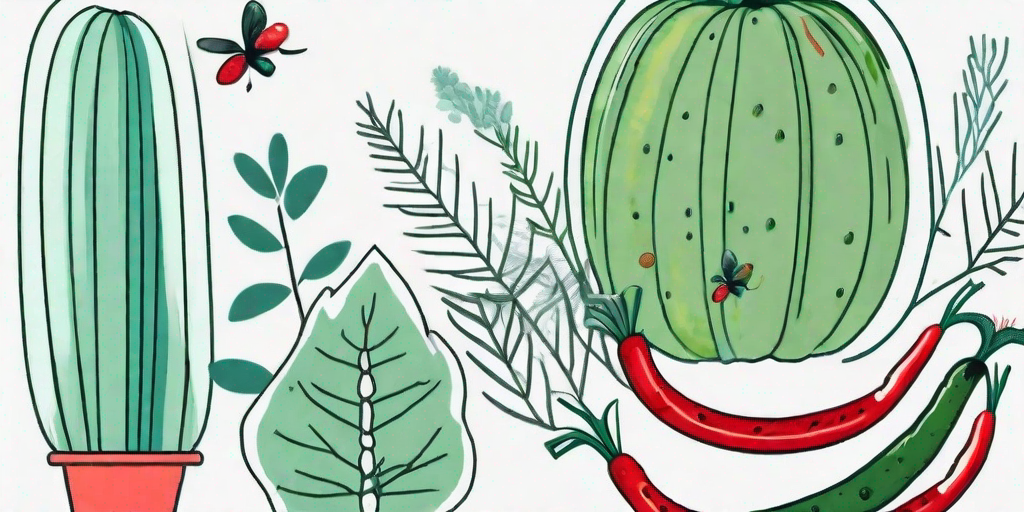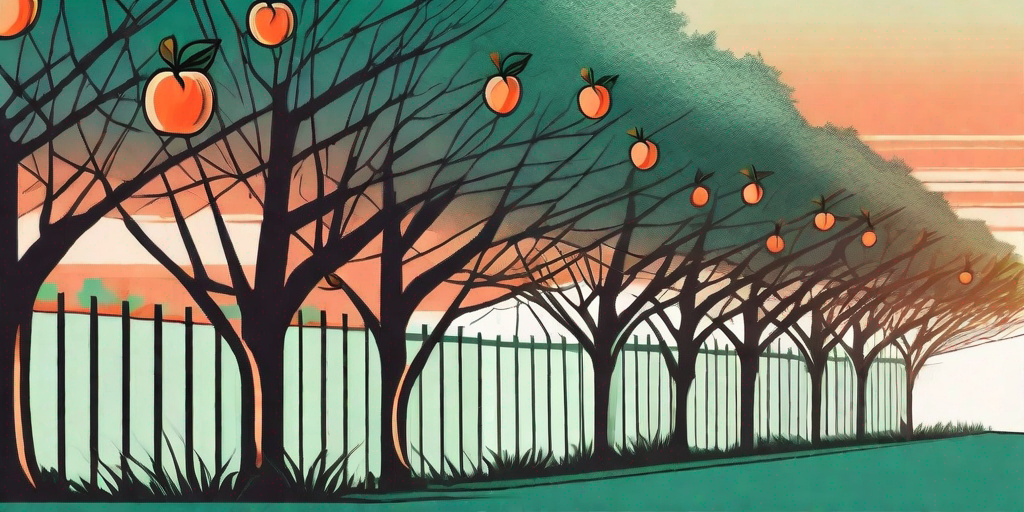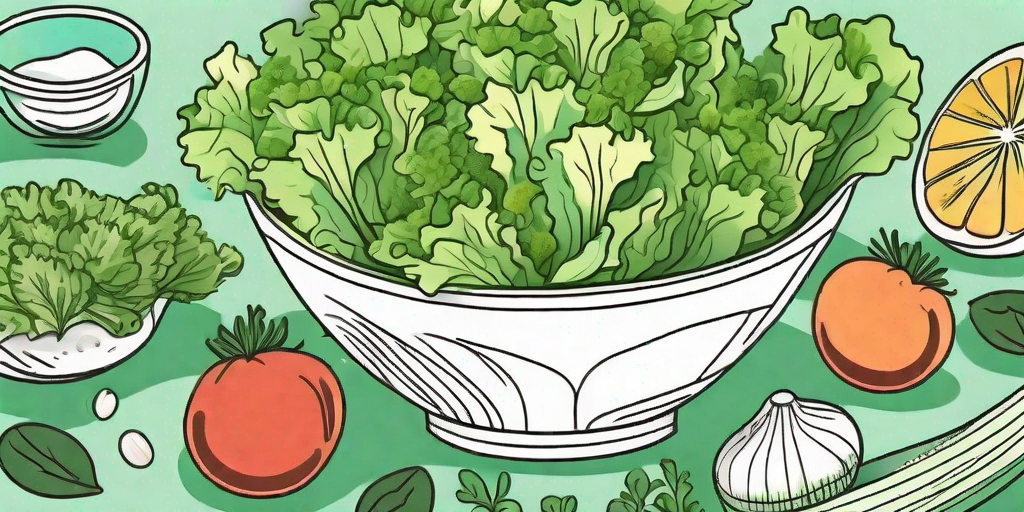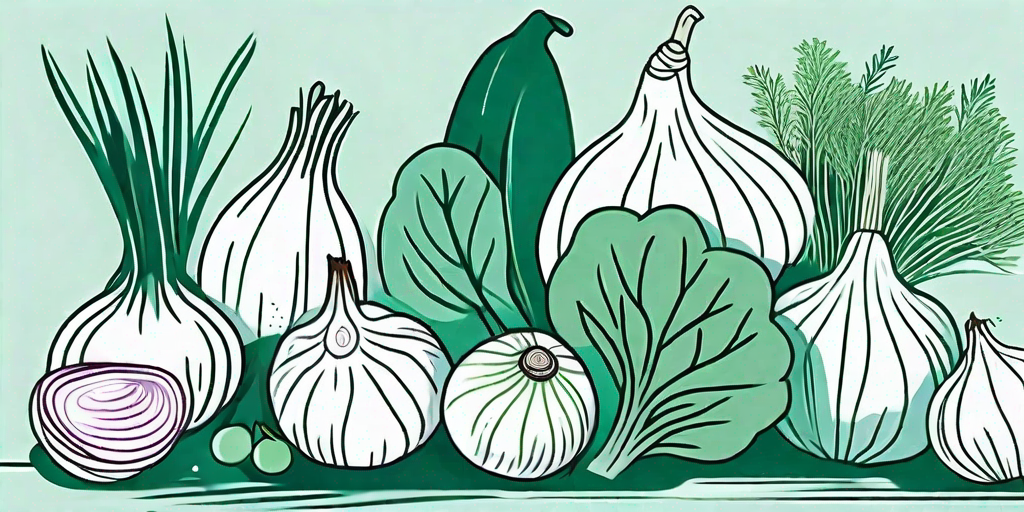
If you're a gardener, you're probably familiar with pickle worms. These pesky pests can wreak havoc on your cucumbers, squash, and other gourd plants. But fear not, dear reader, for we have the ultimate solution for your garden woes. So, grab your gardening gloves, put on your best bug-squashing boots, and let's get to work!
Understanding the Enemy: Pickle Worms
Before we dive into the solutions, let's take a moment to understand our enemy. Pickle worms, also known as Diaphania nitidalis, are a type of moth larvae that love to munch on your garden's produce. They're particularly fond of cucumbers, hence the name.
These little critters are nocturnal, meaning they do most of their damage under the cover of darkness. They burrow into your plants, leaving behind a trail of destruction and a garden full of unhappy plants.
Identifying Pickle Worm Damage
So, how do you know if you have a pickle worm problem? Look for small holes in your plants, often surrounded by frass (a fancy word for bug poop). You might also notice that your plants are wilting or dying, despite your best efforts to keep them healthy.
If you're brave enough, you can also cut open one of your affected fruits or vegetables. If you see a small, greenish-white worm inside, congratulations, you've found a pickle worm!
The Ultimate Solution: Integrated Pest Management
Now that we know what we're dealing with, let's talk about the solution. The most effective way to deal with pickle worms is through integrated pest management (IPM). This is a fancy term for a multi-pronged approach that includes prevention, monitoring, and control.
IPM is all about understanding the lifecycle of the pest and using that knowledge to your advantage. It's a bit like being a detective, but instead of solving crimes, you're solving garden problems.
Prevention: The Best Defense is a Good Offense
Prevention is the first step in IPM. This involves making your garden less attractive to pickle worms. You can do this by rotating your crops, planting resistant varieties, and using row covers to protect your plants.
Another important part of prevention is sanitation. This means cleaning up plant debris and fallen fruits, which can provide a cozy home for pickle worms. Remember, a clean garden is a happy garden!
Monitoring: Keep a Close Eye on Your Garden
Monitoring is the next step in IPM. This involves regularly checking your plants for signs of pickle worms. The earlier you catch them, the easier they are to control.
Use a flashlight to check your plants at night, when the worms are most active. Look for the signs we discussed earlier: small holes, frass, and wilting plants. If you see any of these, it's time to take action.
Control: Show Those Pickle Worms Who's Boss
Finally, we come to control. If you've found pickle worms in your garden, don't panic. There are several ways to deal with them.
One option is to use biological control, such as beneficial insects or bacteria. These can help keep the pickle worm population in check. Another option is to use insecticides, although these should be used as a last resort, as they can harm beneficial insects as well.
FAQs
What plants do pickle worms attack?
Pickle worms primarily attack cucumbers, but they can also infest other gourd plants like squash, melons, and pumpkins.
When are pickle worms most active?
Pickle worms are most active at night, which is when they do most of their damage.
How can I prevent pickle worms?
Prevention methods include rotating your crops, planting resistant varieties, using row covers, and keeping your garden clean.
Conclusion
There you have it, folks. The ultimate solution to your pickle worm problems. With a bit of knowledge, some preventative measures, and a keen eye, you can keep your garden pickle worm-free. So, go forth and garden with confidence!











